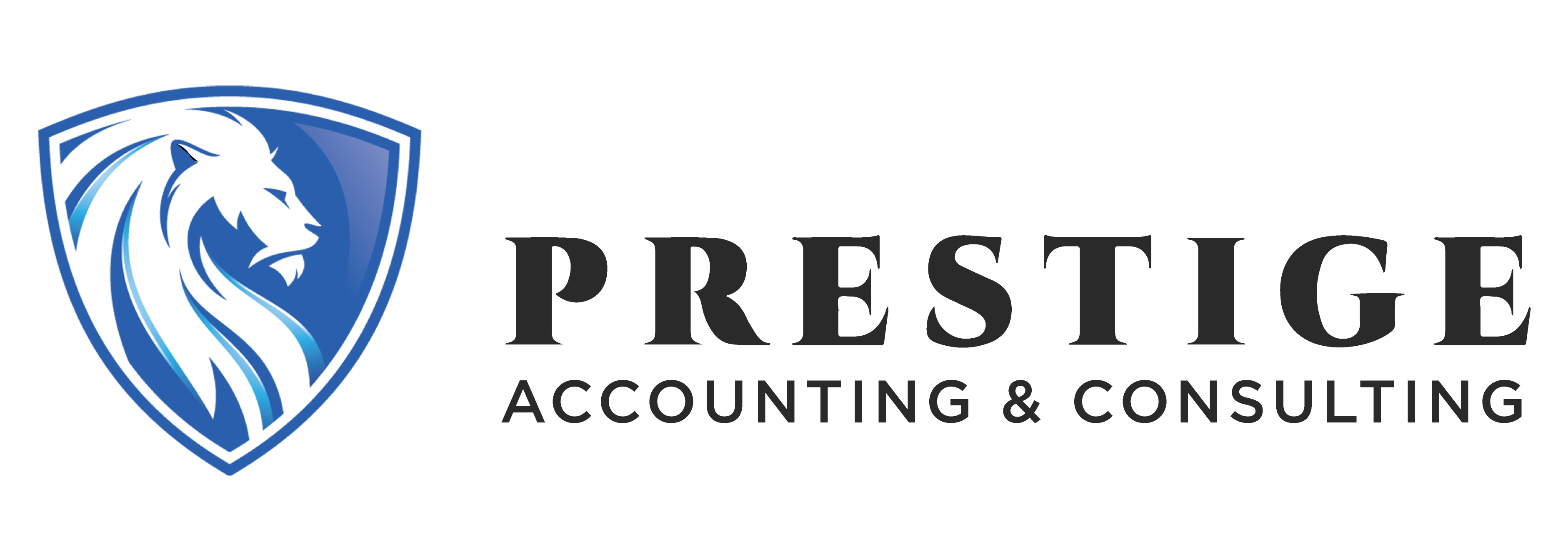How To Write Off Your Vehicle Expenses
August 11, 2022Don’t Be Caught Off Guard, Prepare Early For Next Tax Season!
September 5, 2022What is the Kiddie Tax and how does it work
The Kiddie Tax is a federal tax on the investment income of children under the age of 18. The tax is designed to prevent parents from sheltering their income in their children’s names in order to reduce their own taxable income. Law Firm Owners may be subject to the Kiddie Tax if they have children working in their businesses. The tax is calculated as a percentage of the child’s investment income, and the rate increases as the child’s income increases. The Kiddie Tax can have a significant impact on a law firm’s bottom line, so it is important for owners to be aware of the tax and how it could affect their business.
Who needs to file a Kiddie Tax return
Law firm owners typically need to file a Kiddie Tax return for any child who earns income from the business. This includes income from salary, tips, commissions, and investments. The Kiddie Tax is designed to prevent parents from sheltering their income by transferring it to their children. As a result, the rates for the Kiddie Tax are higher than the rates for ordinary income tax. However, there are some exceptions. For example, if the child’s only income is from interest and dividends, the tax will be calculated using the child’s tax rate instead of the parent’s tax rate. Law firm owners should consult with their tax advisor to determine whether their children need to file a Kiddie Tax return.
How do you file a Kiddie Tax return
Law firm owners face a unique set of challenges when it comes to filing their taxes. One of these challenges is the Kiddie Tax. The Kiddie Tax is a special tax that applies to certain children who have investment income. In order to file a Kiddie Tax return, law firm owners need to file an IRS Form 8615. This form must be filed along with the child’s regular tax return. Law firm owners should consult with a tax professional to ensure that they are properly complying with the Kiddie Tax rules.
What are some tips for reducing your Kiddie Tax liability
As a law firm owner, you may be subject to the Kiddie Tax if your child earns income from investments. The Kiddie Tax is a tax on investment income earned by children under the age of 18. While the tax rate is generally the same as your personal marginal tax rate, there are some strategies you can use to reduce your Kiddie Tax liability.
One way to reduce your Kiddie Tax liability is to invest in growth stocks or mutual funds rather than dividends or interest-bearing securities. Dividends and interest are taxed at a higher rate than capital gains, so growth stocks and mutual funds will result in a lower tax bill. Another strategy is to invest in tax-advantaged accounts such as IRAs or 401(k)s. Investment income in these accounts is not subject to the Kiddie Tax. Finally, you can consider gifting appreciated securities to your child. Gains on these securities will be taxed at the child’s lower marginal tax rate.
With some careful planning, you can minimize your Kiddie Tax liability and keep more of your hard-earned money in your pocket. Talk to your financial advisor about what strategies make sense for you and your family.
What are the consequences of not filing a Kiddie Tax return
If you don’t file a Kiddie Tax return, you could face some serious consequences. The Kiddie Tax is a tax on the investment income of children under the age of 18. The tax is intended to prevent parents from sheltering their income by transferring investments to their children. If you don’t file a Kiddie Tax return, you could be subject to a penalty of 10% of the amount of tax that is due. In addition, if you fail to file a return for three consecutive years, you could be subject to a penalty of $100 for each year that you fail to file. If you’re not sure whether or not you need to file a Kiddie Tax return, it’s best to consult with a tax advisor. Failing to file a return can have serious consequences, so it’s better to be safe than sorry.



